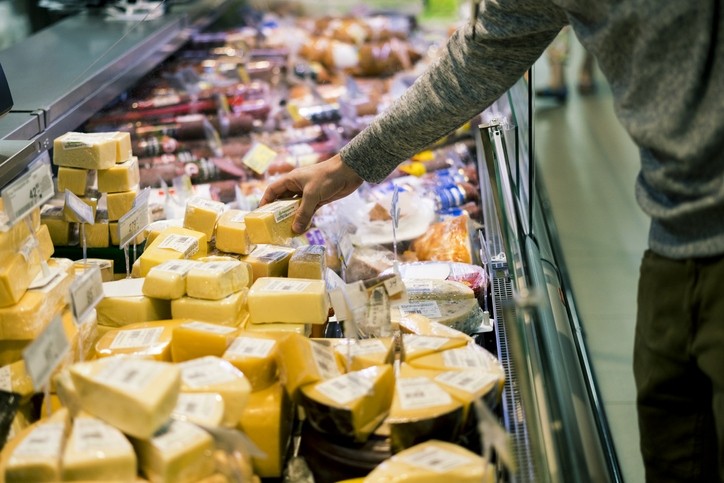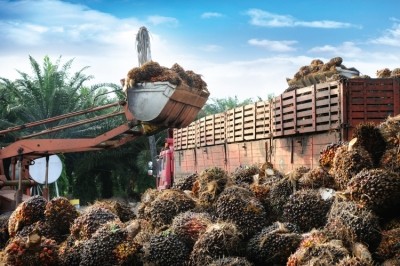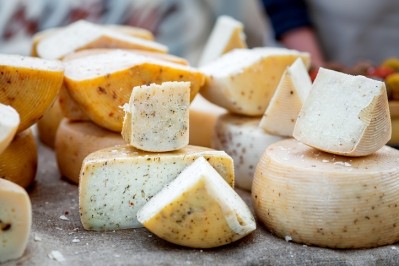Winners and losers in a decade of global cheese trade

Over the last decade, about 70% of global cheese exports have originated in the EU, the US, Oceania and Argentina. Both the EU and US have grown their production capacity significantly since 2009, while Australia and Argentina have remained stagnant.
In many countries, cheese production is mostly outpacing domestic consumption, and lower milk consumption is causing excess milk to be made into even more cheese. This is particularly driving exports from the EU and the US.
Rabobank says Oceania has had the best trade wins in recent years, giving the region a competitive advantage in exporting to Asia. But the EU and US are expected to close the gap in the near future.
Since eliminating milk quotas in 2015, the EU has been active in new, long-term trade agreements, like the EU-Japan Economic Partnership Agreement. The US has had a similar deal with Japan in the pipeline since last month, according to Rabobank, and is continuing to explore new markets for a host of agricultural products beyond dairy.
Globally, Rabobank says growing populations, westernization of diets and a growing preference for full-fat dairy are driving growth, with particular demand for mozzarella cheese for pizza. In the coming years import growth will spread at different rates in new regions, with Asia as the most attractive destination.
China has been a coveted market for years, and its annual cheese import volumes are expected to surpass 200,000 metric tons by 2024. Rabobank also noted that Japan and South Korea will remain ‘integral to the global cheese balance.’
Cheese import volumes to Indonesia, Malaysia, the Philippines, Singapore, Thailand and Vietnam are expected to collectively surpass 1900,000 metric tons by 2024.
Rabobank also advises keeping an eye on Middle Eastern economies supported by oil. As oil prices and production have dropped and weakened the economies, trade growth has also suffered and caused unrest.
In the last five years, out of market cheese investments have been on the upswing. More than $3bn has been invested in new cheese capacity and production sites, largely coming from existing global cheese companies. The investments are supporting product diversity, as well as expanding cutting, shredding and packaging capability.
Since 2017, there have been 75 cheese-specific mergers and acquisitions, overlapping with the investments category. Rabobank says the cheese mergers and acquisitions have been driven by global consolidators, dairy cooperatives and private equity.
Cheese faces different challenges around the world, but Rabobank says “broad macroeconomic headwinds, with a slowing global economy, and a slugging recovery,” could be the largest cross category risks that negatively impact consumer spending.
The US has been showing signs of recession, which could also affect the global economy. And its ongoing trade war with China may put it in jeopardy of never becoming a key cheese exporter to the Chinese market.










